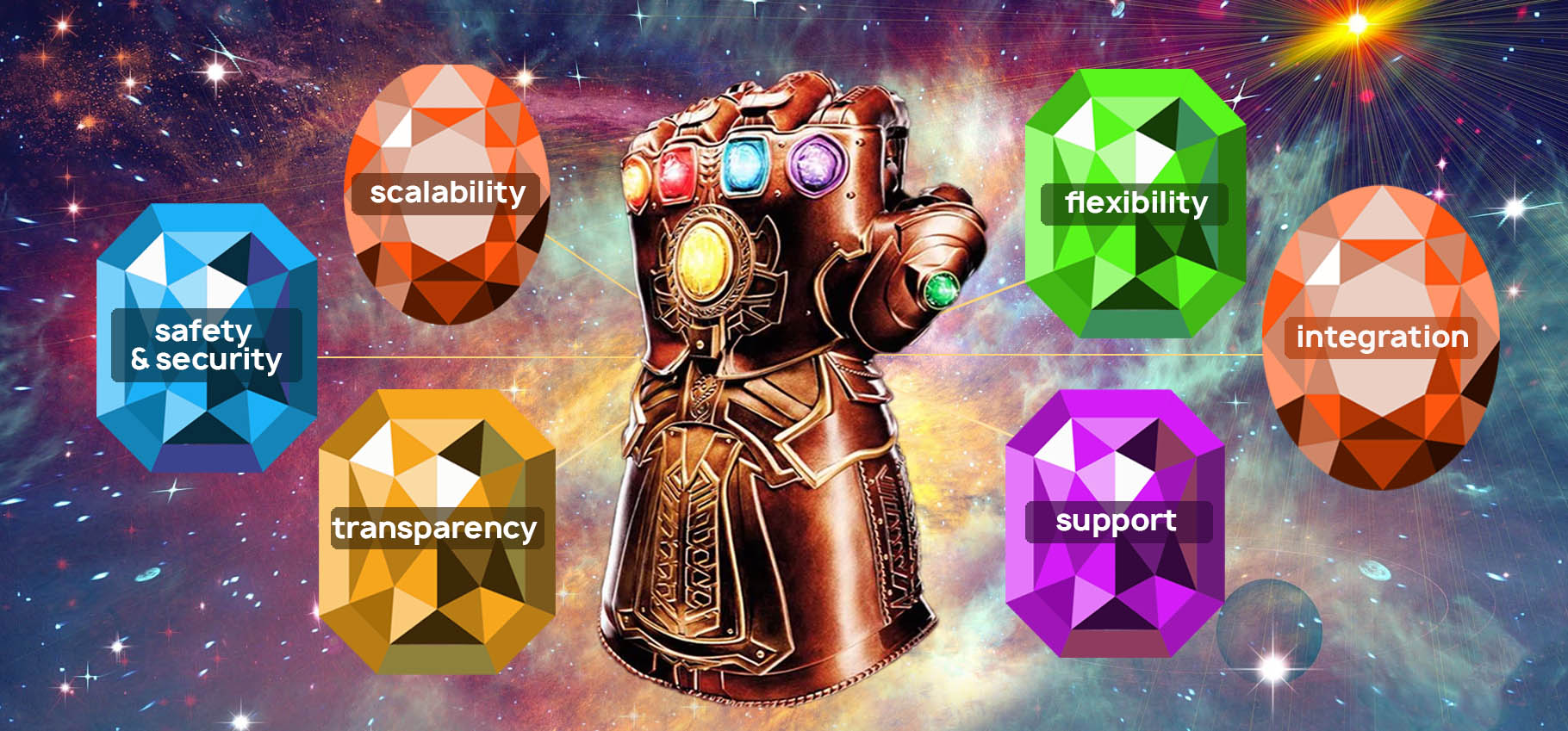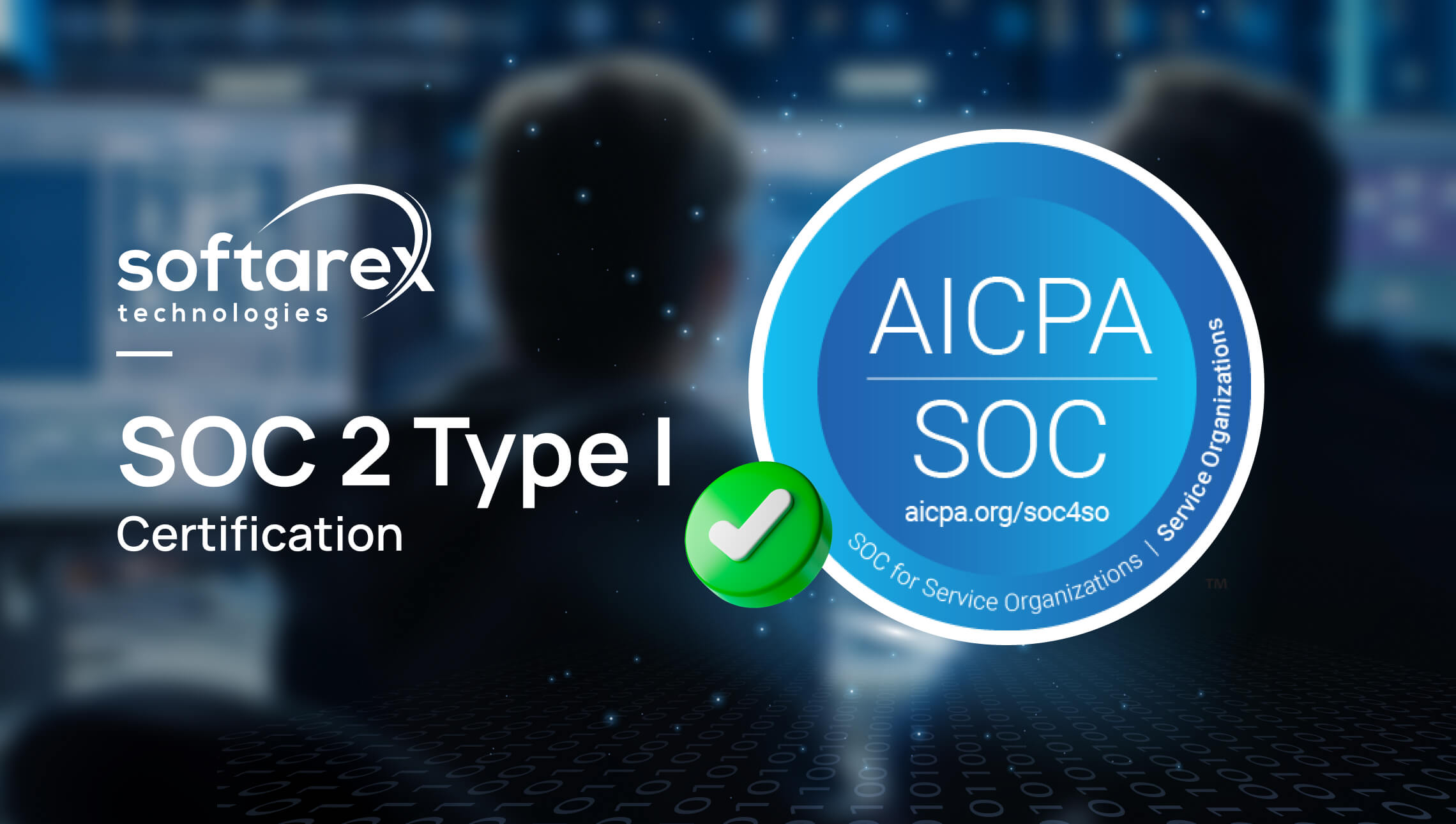When Is Custom Development Needed?

IT technology has been helping various companies grow and flourish for many years. For example, they streamlined workflow in a national restaurant chain, made traveling faster and safer for millions of people, and gave easy access to healthcare to 10M of Americans.
If the title caught your attention, then you may be interested in IT solutions and how they can benefit your business. In this blogpost, you’ll find out the difference between ready-made and tailor-made software plus a quick quiz that will help you make a choice between them. Let’s get started.
Off-the-shelf vs. custom software
Off-the-shelf (or ready-made) solutions are pre-packaged, readily available solutions mass marketed to the public. Anyone can use these basic, one-size fits all solutions. Custom (or tailor-made) software is written from scratch by a designated team per your specifications.
Off-the-shelf software is affordable and gets the job done. However, it cannot fully adapt to your business needs, often lacks documentation, and is hardly scalable when your business needs to get to the next level.
Custom software addresses specific needs. It is easily integrated with the infrastructure you already have, and it is flexible and agile. When speaking of custom software, think of tailor-made suits–individual, perfectly crafted, and made for you exclusively. Below you’ll find all of the benefits.
How to make an informed decision?
To understand what type of software you need, consider these questions:
- Does my business solve a unique problem?
- Is our current software hard to use?
- Can we facilitate user workflow and streamline user experience with the help of technology?
If you answered yes to at least one of them, then a custom software solution might be a good option for you. The greatest benefits to utilizing a custom software solution are Scalability, Flexibility, Integration, Transparency and Support.
Scalability. Scalability allows software to grow or shrink to meet the changing needs of your business. When software is scalable, you can add new features and components when you need to. This allows your business to reach maximum productivity levels. There are two types of scalability:
- Vertical. With vertical scalability, you can replace the least powerful components with the more powerful and efficient ones, depending on what your business needs now.
- Horizontal. This type of scalability allows you to add more servers to get the increased volume of work done the best possible way.
Flexibility. Off-the-shelf solutions are basic and inflexible — they cannot meet specific needs. The custom software, however, focuses on specific tasks and is designed to solve them. Did your requirements change? Do you need an extra feature added? Found the bug that needs to be fixed? Just tell your hired team.
Cybersecurity is an important factor to consider in terms of your software’s flexibility. With cyberattacks becoming more and more sophisticated, companies must find ways to stay safe, secure, and ahead of criminals. Ready-made solutions cannot be that flexible and agile, and to adapt to an environment that is constantly changing, but custom solutions can.
Integration. Custom software is fantastic for both startups and established businesses. Custom software can be easily integrated with the existing infrastructure that has already been serving your company and has proven its efficiency.
Say, you run a restaurant. Beside kitchen, you have to manage resources, staff, social media, marketing, software, and more. Custom software is designed in a way that all of these parts can be integrated smootely and create synergy, for better employee productivity and company efficiency.
Transparency. The documentation is available at every stage of development which makes this process understandable and under your control. The development team should always be in touch and react to changes that may occur.
Support. Having a customized solution means that the source code and the components stay with you during and after implementation, which ensures the software developed integrates perfectly into your business environment. Employing a development team gives you direct contact with them and opportunity to get comprehensive answers on your questions regarding software developed.
Key takeaway
To sum up, custom development is needed when you expect your business to grow, when you have multiple departments involved and when your business addresses specific problems that off-the-shelf software is not able to tackle. Moreover, custom software shows higher Return on investment (ROI) in comparison with ready-made solutions, as IT specialists will spend less time (or no time at all) on configuring and integrating them.
In the following blogposts, we’ll be talking about best practices while creating your custom application and points that are often overlooked at the initial stages of custom development. Make sure to subscribe so you don’t miss these important updates.
With so many developers to choose from, you want reliability, experience and proven dedication with a supportive team. At Softarex we have 20 years of experience in full-cycle development with a portfolio of projects that stand out in industries like Restaurants and Hospitality, Aviation and Transportation, Healthcare, and much more. Take a look at our portfolio and contact us to discuss your project.





